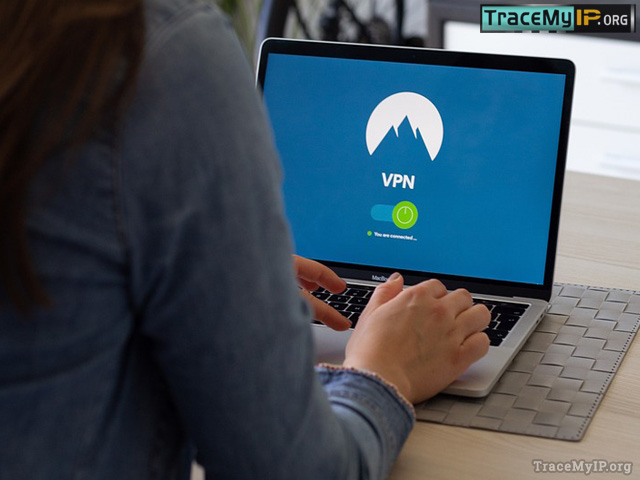How to protect your IP address from hacking
Protecting your IP address from hacking involves implementing a combination of good security practices and using appropriate tools. Here are some steps you can take to enhance the protection of your IP address:
Use a Firewall

Enable a firewall on your computer or network router to act as a barrier between your IP address and potential threats from the internet. Firewalls help filter incoming and outgoing network traffic and can prevent unauthorized access.
Update Software Regularly
Keep your operating system, applications, and security software up to date with the latest patches and security updates. Software updates often include fixes for known vulnerabilities that hackers can exploit to gain access to your IP address.
Enable Network Encryption
Whenever possible, use encrypted connections to secure your data. Enable encryption protocols like WPA2 or WPA3 for your Wi-Fi network, and ensure that websites you visit use HTTPS (secure HTTP) to encrypt the data transmitted between your device and the website.
Use a Virtual Private Network (VPN)
A VPN creates a secure, encrypted connection between your device and the internet by routing your internet traffic through an encrypted tunnel. This masks your IP address and adds an extra layer of protection, especially when using public Wi-Fi networks. 
Be Cautious with Email and Attachments
Avoid opening email attachments or clicking on suspicious links from unknown senders, as they may contain malware or phishing attempts. These can be used to gain unauthorized access to your IP address and personal information.
Use Strong, Unique Passwords
Choose strong passwords for your online accounts and avoid using the same password across multiple platforms. Consider using a password manager to generate and securely store your passwords.
Enable Two-Factor Authentication (2FA)
Enable 2FA whenever possible, as it adds an extra layer of security by requiring a second form of authentication, such as a verification code sent to your mobile device, in addition to your password.
Be Mindful of Public Wi-Fi Networks
Public Wi-Fi networks are often unsecured, making them prime targets for hackers. Avoid accessing sensitive information or logging into accounts that contain personal or financial data when connected to public Wi-Fi. If you must use public Wi-Fi, consider using a VPN to encrypt your connection.
Use Anti-Malware Software
Install reputable anti-malware and anti-virus software on your devices to scan for and detect any malicious software that may compromise your IP address.
Educate Yourself
Stay informed about the latest hacking techniques and security best practices. Regularly educate yourself on potential threats and how to protect your IP address and personal information.
Conclusion
While these measures can significantly enhance your security, no system is completely foolproof. It’s important to stay vigilant and proactive in protecting your IP address and personal information.
🌍 Who visits your website? Sign Up now to find out instantly!
